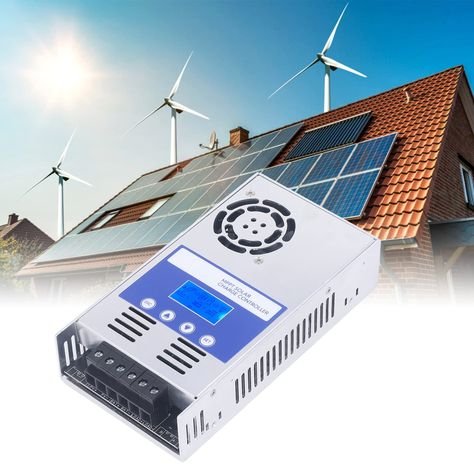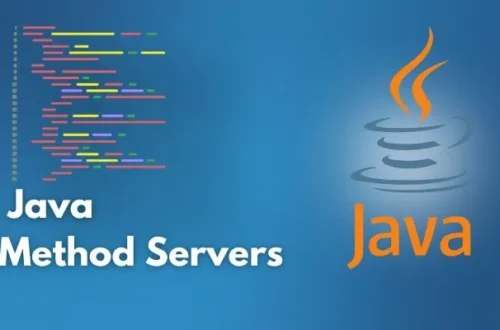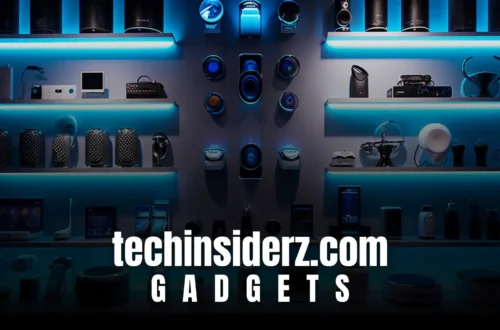As we continue to see the growing importance of clean, renewable energy, solar power is becoming a popular choice for homeowners and businesses. In Boston, MA, many residents are eager to transition to solar energy, but financing the upfront cost of solar equipment can be a challenge. This is where financing of solar equipment comes in. With several options available, financing can help make your transition to solar energy more affordable and accessible.
In this article, we will explore various ways to finance solar equipment in Boston, MA, including loans, incentives, and other financing programs. Whether you’re a homeowner or a business owner, understanding the available options can help you make an informed decision and begin your journey toward sustainable energy.

What is Financing for Solar Equipment?
Financing solar equipment means securing funds to cover the upfront cost of installing solar panels and other necessary equipment. This can include solar panels, inverters, batteries, and wiring. For many homeowners and businesses, the initial investment in solar energy systems can be significant. However, financing options make it possible to pay for the equipment over time, with flexible terms and interest rates.
In Boston, MA, there are several financing options available to help make solar energy more accessible. These options include solar loans, leases, and Power Purchase Agreements (PPAs). Each option comes with its own set of benefits and challenges, and understanding these can help you choose the best fit for your needs.
Types of Financing Options for Solar Equipment in Boston, MA
1. Solar Loans
One of the most common ways to finance solar equipment in Boston, MA is through solar loans. These loans are specifically designed for the purchase and installation of solar panels. Solar loans allow homeowners and businesses to borrow money to pay for solar equipment, with the option to repay the loan over time.
There are two main types of solar loans:
- Secured Loans: These loans are backed by your home or property. They typically offer lower interest rates, but they do carry the risk of foreclosure if you fail to repay the loan.
- Unsecured Loans: These loans don’t require collateral, but they may come with higher interest rates. They are a good option if you don’t want to risk your property.
2. Solar Leases and PPAs
If you’re not interested in purchasing the solar equipment outright, another option is to lease the equipment or enter into a Power Purchase Agreement (PPA). With a solar lease, you pay a fixed monthly fee to use the solar equipment installed on your property. This option typically includes maintenance and monitoring of the system.
A PPA works similarly, but instead of paying a fixed lease amount, you pay for the electricity your system generates at a predetermined rate. Both leases and PPAs allow you to benefit from solar energy without the high upfront costs.
3. Solar Incentives and Rebates
In Boston, MA, there are several incentives and rebates available that can help reduce the cost of installing solar equipment. These incentives come from both federal and state programs, and they can significantly lower the amount you need to finance.
- Federal Solar Tax Credit: The federal government offers a 26% tax credit for the cost of installing solar equipment. This can be applied to both residential and commercial installations.
- Massachusetts Solar Incentives: Massachusetts offers its own set of incentives, including the Massachusetts Solar Loan Program and the SMART Program. These programs can help reduce the overall cost of installation and make financing more affordable.
- Net Metering: Massachusetts also offers net metering, which allows homeowners with solar panels to receive credit for excess energy produced by their system. This can lower electricity bills and provide additional savings.
4. Property-Assessed Clean Energy (PACE) Financing
PACE financing is another great option for financing solar equipment in Boston, MA. This program allows homeowners to pay for their solar equipment through a special property tax assessment. The payments are spread out over a set period (usually 15 to 20 years), and the loan is tied to the property rather than the individual homeowner.
5. Green Banks and Nonprofits
In some cases, green banks or nonprofit organizations offer specialized financing options for solar installations. These organizations often provide low-interest loans or grants for renewable energy projects, including solar equipment. They may also offer flexible terms for repayment, making it easier for you to manage the cost of your solar system.
How to Choose the Right Financing Option for Solar Equipment in Boston
Choosing the right financing for solar equipment depends on your financial situation, the type of property you own, and your long-term goals. Here are some factors to consider when selecting a financing option:
- Interest Rates and Terms: Compare interest rates and repayment terms for different types of loans and financing options. Make sure the monthly payment fits within your budget.
- Upfront Costs: Some financing options require little or no upfront payment, while others may require a down payment. Determine what you can afford before making a decision.
- Incentives and Rebates: Take advantage of available incentives, rebates, and tax credits to reduce the total cost of your solar equipment.
- Long-Term Savings: Consider the long-term savings from switching to solar energy, including reduced utility bills and the potential for increased home value.
- Flexibility: Look for financing options that offer flexibility in terms of repayment and loan terms. Some programs allow you to pay off the loan early without penalty.
The Benefits of Financing Solar Equipment in Boston, MA
There are numerous benefits to financing solar equipment in Boston, MA, including:
- Affordable Payments: Financing allows you to break down the cost of your solar system into manageable monthly payments, making it easier to budget.
- Increased Property Value: Installing solar panels can increase the value of your property, which is a great benefit if you plan to sell in the future.
- Energy Independence: By switching to solar energy, you reduce your reliance on traditional energy sources and help protect the environment.
- Lower Utility Bills: Solar energy can help you save money on electricity bills by generating your own power and reducing your reliance on the grid.
- Support for Renewable Energy: By financing solar equipment, you contribute to the growth of renewable energy and play a part in combating climate change.
Conclusion: Why Financing Solar Equipment in Boston, MA is a Smart Investment
In conclusion, financing solar equipment in Boston, MA, offers a practical and affordable way to make the switch to solar energy. With a variety of financing options, including loans, leases, PPAs, and state and federal incentives, there’s a solution for everyone. Whether you’re a homeowner or business owner, financing makes solar energy more accessible and affordable.
By exploring the different financing options available in Boston, MA, you can find the best solution for your needs and start saving money while contributing to a greener future. The benefits of financing solar equipment far outweigh the initial costs, and the long-term savings on energy bills make it a wise investment.
Frequently Asked Questions (FAQs)
Q1: What financing options are available for solar equipment in Boston, MA?
In Boston, MA, financing options include solar loans, leases, PPAs, Property-Assessed Clean Energy (PACE) financing, and various state and federal incentives.
Q2: Can I get a tax credit for installing solar panels in Boston?
Yes, the federal government offers a 26% tax credit for solar equipment installation, and Massachusetts also offers state-specific incentives.
Q3: How long does it take to pay off a solar loan?
The repayment period for a solar loan can vary depending on the loan type. Typically, solar loans have repayment periods ranging from 5 to 20 years.
Q4: Is financing solar equipment a good investment?
Yes, financing solar equipment can be a smart investment. It helps lower upfront costs and provides long-term savings through reduced energy bills.
Q5: Are there any special financing programs for homeowners with low credit?
Yes, some green banks and nonprofit organizations offer financing programs specifically for homeowners with low credit. These programs may include lower interest rates or more flexible terms.
Explore More: Futurefinancevision





